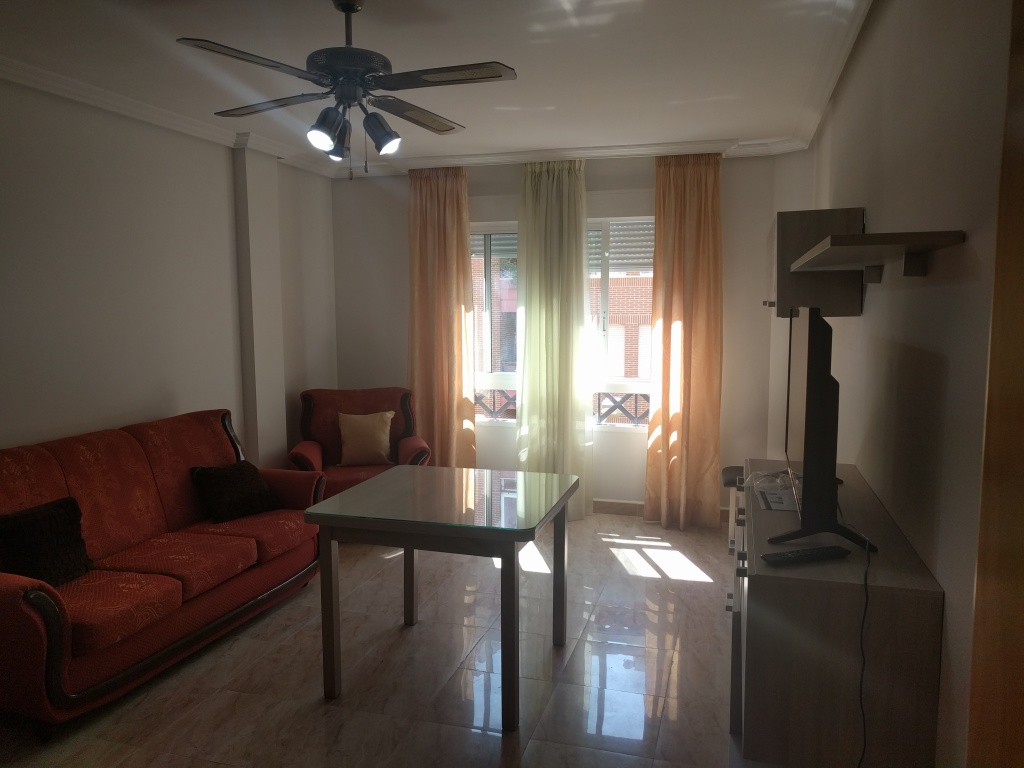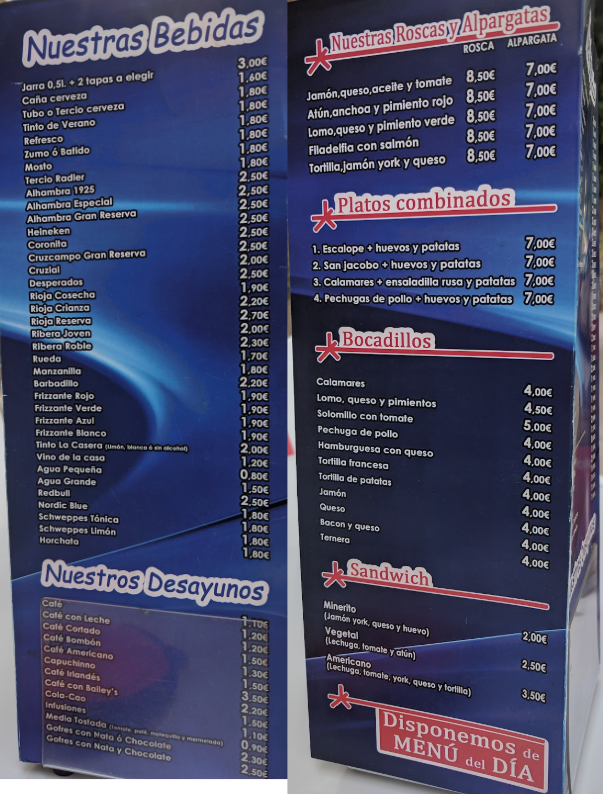This information is mostly pertinent to anyone in the Auxiliaries de Conversación program or anyone moving to teach/study in Spain.
Assuming you’ve looked at Part 1 – Arranging Your Move and Part 2 – Important Preparations. What are your next steps?
You’re probably in that awkward time between buying plane tickets – and actually going. Don’t let this time go to waste:
1. Learn about Spain
It’s nice to have a very basic idea of the culture, history and climate before you move. Also basic cultural quirks are nice. How important is family to Spain? (extremely) Is Friday 13th taboo? (no Tuesday 13th are). Do they celebrate April Fools Day (no, December 28th).
What is a santos? What is the most popular exercise right now? The most popular cocktail? These things won’t save your life but they will explain why someone suddenly brought cake into work, where you can meet people, or what you should get at the bar.

Culture Smart Guides are great, as are “Xenophobe’s Guide to ____.” We’re not paid to say this, just like the books. It takes about 2 hours to read Culture Smart – it’s very concise with the basic history (Reconquista and Franco are necessary to understand what you’ll be seeing everywhere). 
If you don’t want to buy/borrow a book we have a ton of write ups about random things in our Spain Sundays.
You should also start preparing for all the traveling you’ll do – consider getting a guidebook to Spain/Europe like Lonely Planet or your favorite brand. It doesn’t hurt to think about where you want to travel for your 2 week Christmas break or 1 week Easter break.
2. Contact Your School
If you haven’t yet, email your school. Let them know you exist and you’re come. At best they may be able to help you find an apartment or give you ideas of where to look. At the worst you don’t hear back from them.
We recommend researching your school to give you some ideas for questions. For example if it looks like it’s in the ass-end of nowhere then you may want to ask “How do I get there?!” they may have carpooling.
We did a big write up on investigating and emailing your school here.

3. Create A Map
We recommend you create your own Google Map. As you research things about your new city you can place them on your map. You can then download it onto your phone to help you navigate after you arrive.
Your map you make can help you keep track of
- your school(s)
- potential apartments
- the ayunamiento (town hall) – where you’ll register your address
- hospitals – nice to know before you need to know
- banks
- grocery stores
- phone stores
- libraries
- recommended restaurants or businesses
- bus and/or train stations
- gyms
If you’re in a huge city you can narrow down a small neighborhood around your school or where you hope to live.
We color coded our map. All black houses were apartments we had found online and wanted to check out. We listed multiple phone stores since some were busy or closed and we ended up going to a few before we could get a phone. When I got sick recently we checked hospitals. Your map could be handy all year.
Ultimately it’s more handy than googling “phone stores in my area” every single time. It also helps orient you to your new city – restaurants might be lumped together, you’ll get an idea of what your city has to offer in terms of shopping/food/businesses/gyms. Then when you’re apartment hunting you can see where you really are. Don’t end up living on the busiest street in town like we did. If we had paid better attention we would actually be sleeping all night.
4. Start Looking at Apartments
You shouldn’t get one until after you arrive (hello bait and switch!) but we’ve heard of people who contacted apartments (to arrange a visit! Not to blindly pick!!!) before leaving and they were able to move in really quickly.
NEVER EVER PUT ANY MONEY DOWN UNTIL YOU HAVE SEEN THE APARTMENT 
You can make a list of ones to call/visit. At best you can get a feel for the market and general prices.
- Easypiso (mostly for roommates)
- Piso Compartido (mostly for roommates).
- Idealista
- Enalquiler
- Mil Anuncius
- Vibbo
- Fotocasa
As it gets closer to your arrival you can contact available listings to arrange a visit after you arrive. This will work best with WhatsApp although they may not be interested if you say “hey in two weeks?!” You’ll be better off with “This upcoming Friday…?”
6. Study Spanish
We both had the typical American “couple years of pitiful high school Spanish” under our belts. But Chris finished the whole Spanish tree on Duolingo and it was a great amount of Spanish to get started.
If you know no Spanish: get on Duolingo right now and start working your butt off.
If you’re just rusty we really recommend movies and music. Get used to hearing Spanish and being gently confused by it. Switch your browser/computer/facebook to Spanish, watch Netflix (Spanish with Spanish subtitles. Don’t cheat by reading English subs). Try your local library for kids Spanish books.
What are the top priority Spanish words to know?
I would say food but honestly basic paperwork words are the most important. Print out a form in Spanish and practice filling it out. First name, last name, address, passport number, zip code. You should see “apellido” and immediately know what it means (last name), you shouldn’t rack your brain when someone says “firma” (signature). Here’s a good list to start with.

Practice numbers and letters. They’re immensely helpful for verbally filling things out if they don’t hand you the form. Spell your name verbally over and over until it sticks.
The next most important words are probably apartment terms, banking words and school/office words.

Finally, learn the food words. 
Not just restaurant words but grocery store words. The first time you go shopping you might make some basic mistakes. We bought gaseosa (extremely sweet Sprite) when we meant to buy sparkling water. In Germany we bought frozen chicken intestines instead of chicken nuggets.

Leave a comment